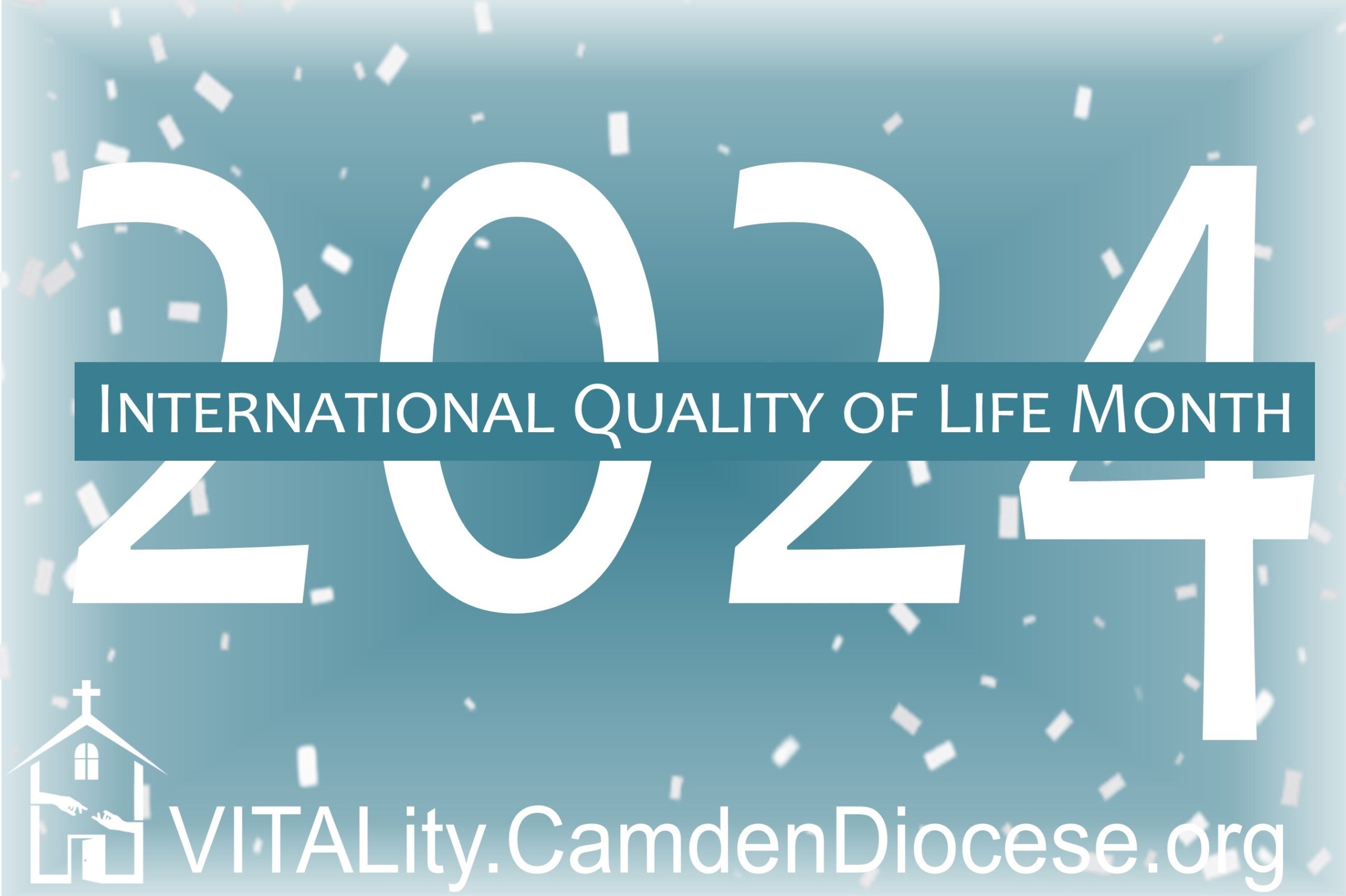June is Alzheimer’s and Brain Awareness Month. It is an opportunity to spread educational information and discuss Alzheimer’s disease and other forms of dementias. This observance was coined in 1983 by President Reagan as a way to bring more awareness to the disease as well as public education on the care that can be involved for someone suffering from it. Throughout the month, the Alzheimer’s Association encourages people around the globe to support this vital cause by wearing purple and teaching people how to train their brains as a way to fight this horrific disease.
This month is not only about spreading awareness to the cause but also a way to inform policymakers, public authorities, industry representatives, scientists, and health professionals of all that is involved with this disease. Awareness and recognition are vital components to increasing recognition, early diagnosis which leads to better understanding, and management of Alzheimer’s disease (AD). Alzheimer’s is a neurodegenerative disorder that affects approximately 6.2 million U.S. residents age 65 and older. By 2050, that figure is expected to more than double to 12.7 million.
Alzheimer’s is a progressive form of dementia that causes declining brain and memory impairment until a person loses all-important mental functions. It is the most common form of dementia and involves parts of the brain that control thought, memory and language. It can drastically impact a person’s ability to carry out daily activities. Alzheimer’s typically begins with mild memory loss and can eventually lead to a person’s inability to carry a conversation and respond to the environment around them. Sadly, there has not been a cure found for this disease and current treatments can only temporarily slow its progress.
While there are some changes in brain function that we consider part of the normal aging process, those changes seem to be subtle and primarily affect how fast we think and our attention span. Some signs of abnormal aging and dementia or Alzheimer’s are more severe and may include:
- the inability to complete tasks without assistance
- trouble recalling names of close family members or typically used items
- getting lost in places that are very familiar to a person
- forgetting what the function of items are
- repeatedly asking the same questions
- inability or prolonged time to complete normal daily tasks
- misplacing items, typically the same item over and over such as keys or a cellphone
There are some other abnormal aging signs that could be indicative of motor system problems such as: excessive tripping, falls or tremors. It’s important to note that symptoms vary greatly from person to person and something that may be normal for one individual may not be for another. This makes diagnosis or awareness of a decline more difficult.
Studies have shown that healthy behaviors, which can prevent some kinds of cancer, type 2 diabetes, and heart disease could also lower your risk for cognitive decline. Even though we can’t alter our age, genetics, or family history, the Lancet Commission on dementia prevention, intervention, and care suggests that looking at other contributing risk factors could help to prevent and possibly delay up to 40% of dementia cases.
Here are some ways to help your overall health as well as potentially lower your risk for impaired cognitive function:
- Quitting smoking may help maintain brain health and can reduce your risk of heart disease, cancer, lung disease, and other smoking-related illnesses. Free quit line: 1-800-QUIT-NOW (1-800-784-8669
- Maintain a healthy blood pressure level many American adults have high blood pressure and do not know it or do not have it under control. If you’d like information on how to better control your blood pressure please reach out to us at VITALity.
- Be physically active has been shown to improve thinking, reduce risk of depression and anxiety and help you sleep better. Here are some tips to help you get started. The more active you are, the more oxygenated blood flows threw your body which helps to improve our brain function.
- Maintain a healthy weight by making changes in your lifestyle that include healthy eating and regular physical activity.
- Get enough sleep. Many Americans report they do not get the recommended amount of sleep for their age. As we age our sleep requirements change, talk to your provider to see how many hours of sleep are recommended for you.
- Stay engaged is an excellent way to help keep your body and mind sharp. The more engaged we are with other people in our families and communities the better. If you are having difficulty engaging with others because of difficulty hearing or seeing there are ways to help with that. Please reach out to someone you trust or your provider to discuss this further.
- Manage blood sugar is another way to help your overall health particularly if you have Diabetes or high blood sugar. If you are struggling with how to best to maintain your blood sugar levels, please contact us at VITALity, we are happy to provide education and help you improve your numbers.
Alzheimer’s can be a very overwhelming diagnosis however with support, education and advocacy we can work together to improve the outcomes for those living and struggling with this disease. If you or someone you know is living with Alzheimer’s or caring for someone with Alzheimer’s, please consider reaching out to the Alzheimer Association (can we imbed link to the Alzheimer association here). They have excellent resources available to help individuals and families living with this disease. No one should have to suffer in silence. Until next time, stay safe, healthy and well.





